This post is the second in a series on lessons I’ve learned from the beta readers who are reviewing the manuscript for my forthcoming novel Vaetra Unveiled. You can read the first post here.
Step Beyond Your Own Experience
They say you should write what you know. That advice works great until you are writing fiction and you have to describe the behaviors of people who think differently from you and scenarios you’ve never experienced personally. The situation is even worse when you write about fictional worlds and creatures.
One could make the argument that Fantasy Adventure (the best term I’ve seen so far for what I’m writing), is something I do have experience with. I played Dungeons & Dragons and computer-based fantasy role playing games for years. But I can tell you that wandering around in someone else’s fantasy world and creating one of your own are two very different things.
The world building is not necessarily the hardest part of writing fantasy either. The biggest challenge has been creating believable characters who behave in believable ways. Every author faces that problem.
A case in point came to light recently during the beta review of my novel. The scene involved a conflict between a man and his son. I’m afraid I made the father out to be too cold, given the nature of the father/son relationship. ALL of my reviewers called me on it, and looking at the scene more closely, I agree with the issues they raised.
Without getting too personal, I will say that when I was growing up, I lacked a consistent and reliable father figure. It’s likely that my own experiences with my various step-fathers left me with a less-than-charitable perspective on the father/son relationship.
However, in fiction, every relationship between every character is an important part of the story. It colors every scene and every line of dialog. If you establish that a man cares for his son, you have to back that assertion up with words and actions that demonstrate it (and avoid ones that refute it). Particularly if you can’t pull an appropriate scene from your memory banks! If your character behaves “out of character,” you’d better have a ready explanation.
One could make the argument that every relationship between each of your characters is itself a kind of subplot. Each deserves careful attention and consistent portrayal. Sometimes, that means you have to stretch your imagination well beyond your own experience.
***
As a reader, have you found scenes that seemed “off” because the interaction didn’t seem consistent? Or as a writer, have you written a scene that gave you trouble because it involved situations or relationships that are foreign to your own experience? Tell me in the comments.



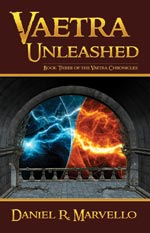
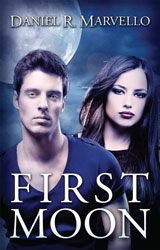
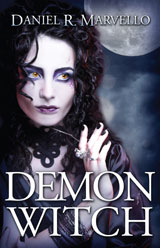
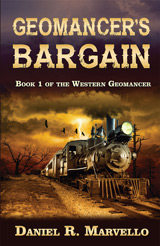
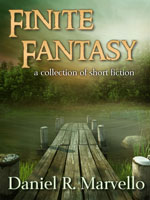


This happened to me when I wrote a short story starring a young, brilliant lawyer. This was for an on-line course, and my teacher called me out on my MC’s voice – she said it was too young and immature for someone who’d gone through law school etc. etc., and on second glance I realized she was right.
You’re so right – every author faces the challenge of creating believable characters with believable behaviour. Good luck with your revisions! 🙂
I tried to subscribe to your blog via email, but it says you do not have that enabled, even though you do have the signup widget.
Crystal: Thanks for the luck wishes. In spite of my whining, things are actually going pretty well.
Debbie: Thank you so much for pointing that out to me! I must have failed to enable that feature when I set up the Feedburner account. Doh! I just tested it and it is working now.
I have the opposite situation to you. I too lacked any stable parental figures in my life but I went the other way. In all my early writing the parents were always perfect 🙂
Sarah: Thanks for visiting! Yes, I’ll bet a shrink would have a field day sitting the two of us down for a talk.